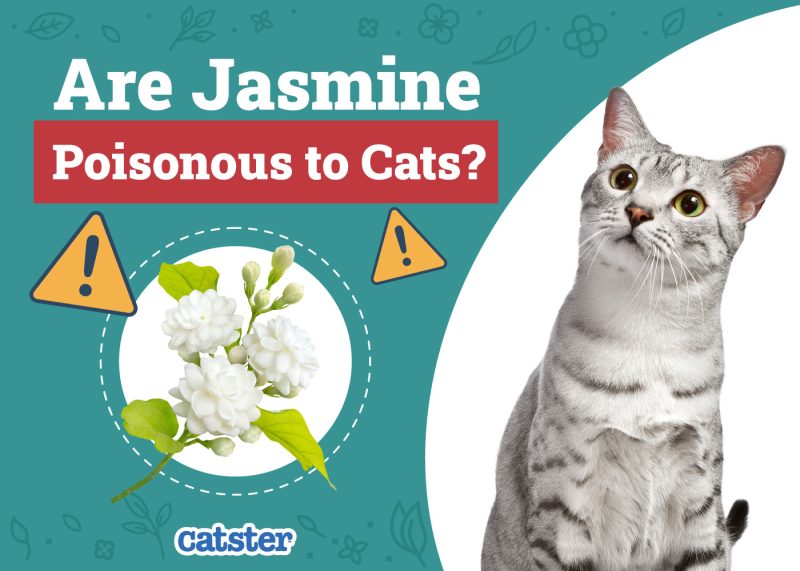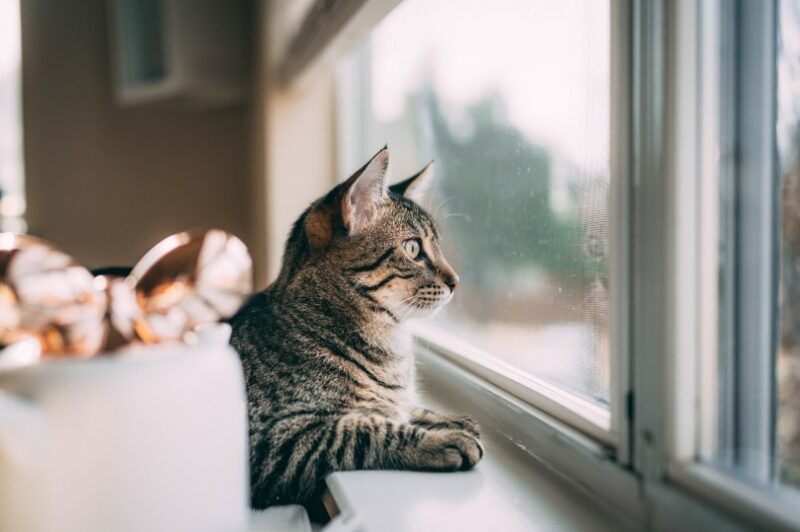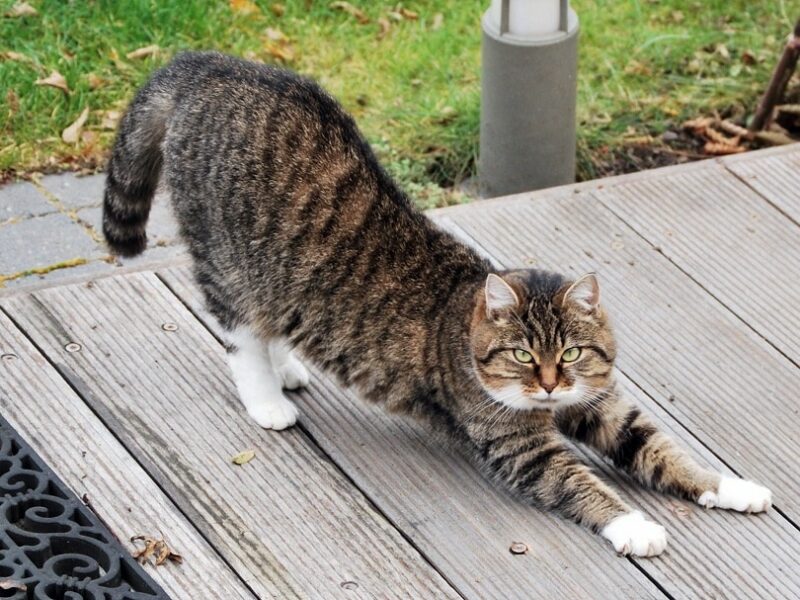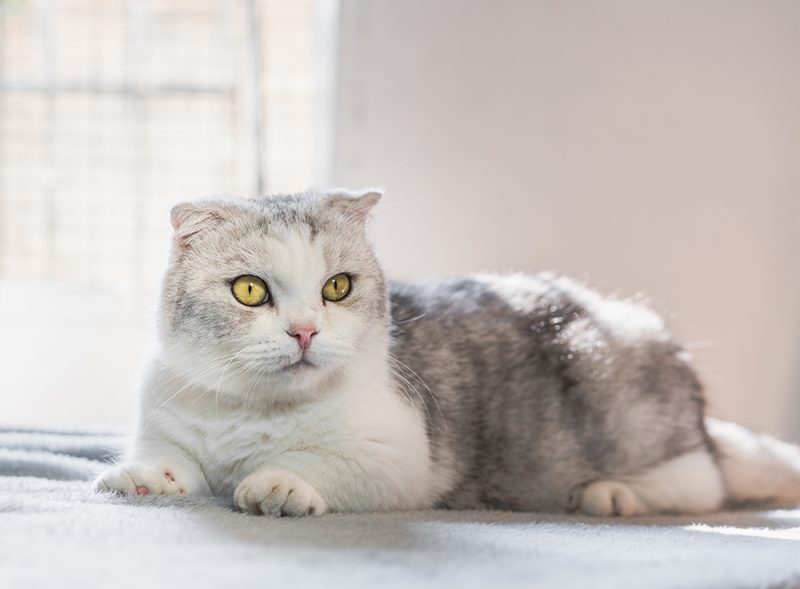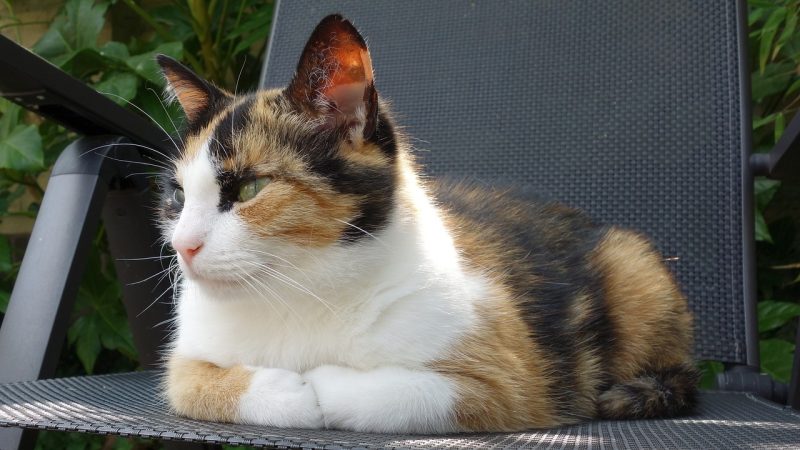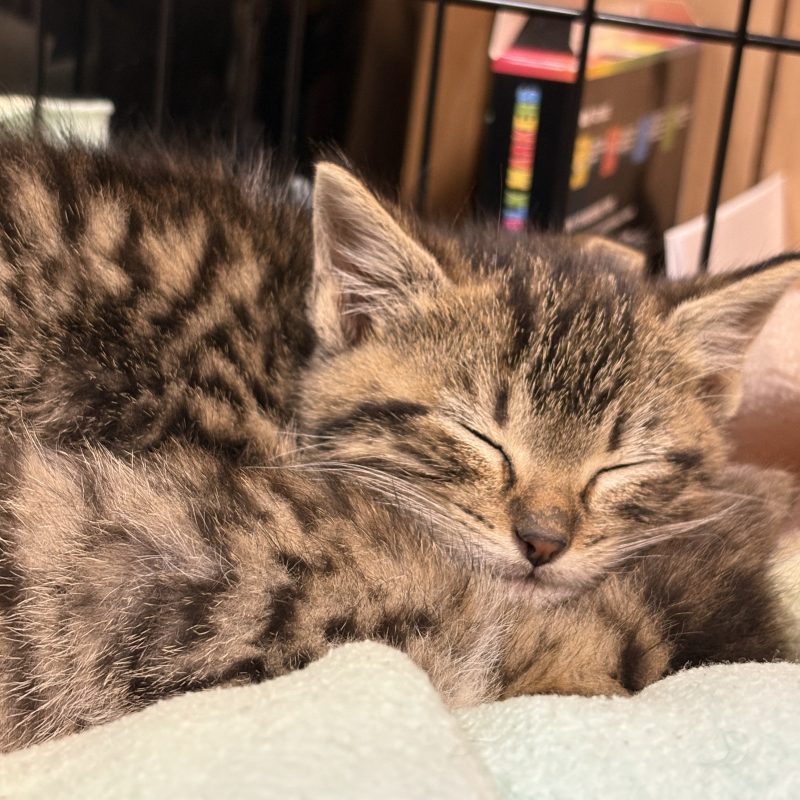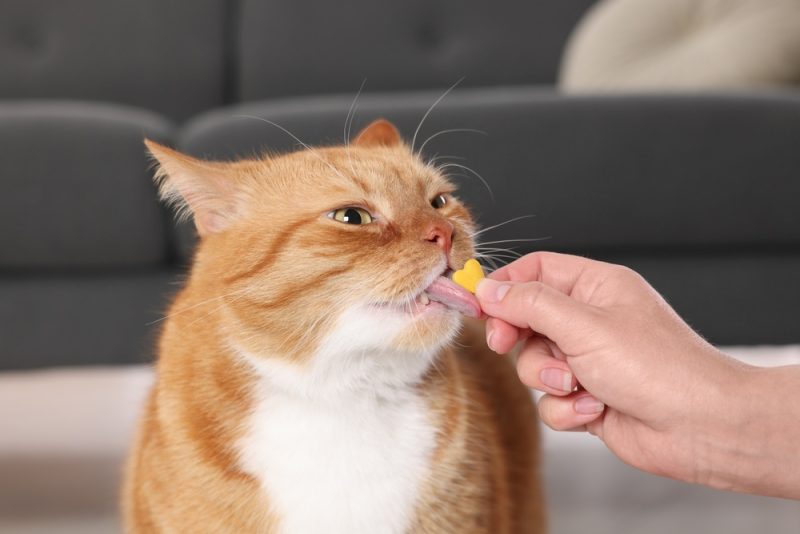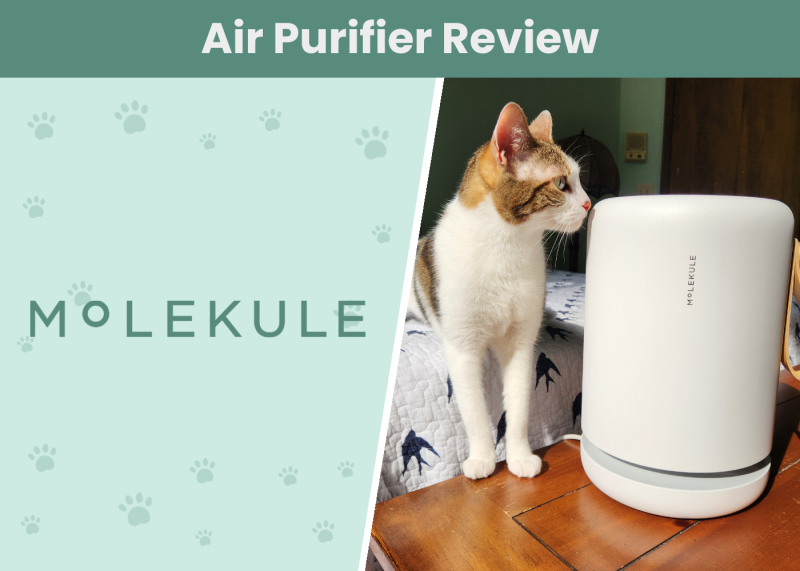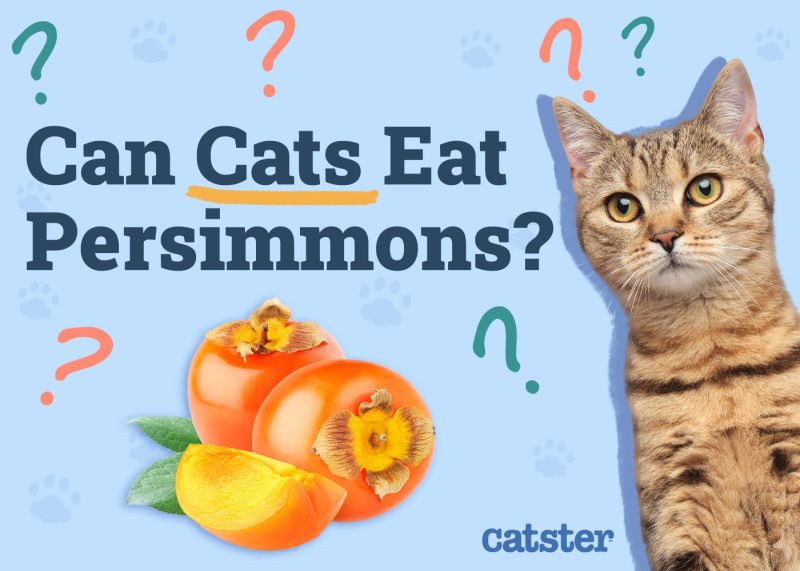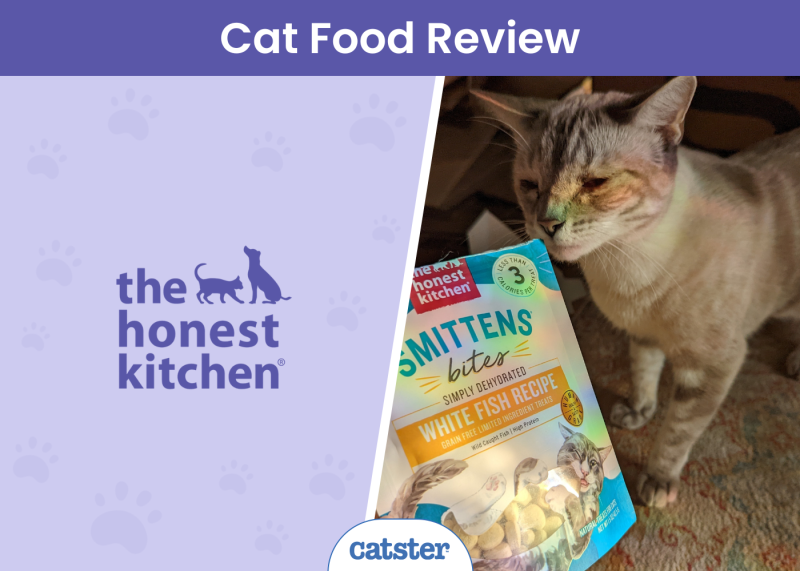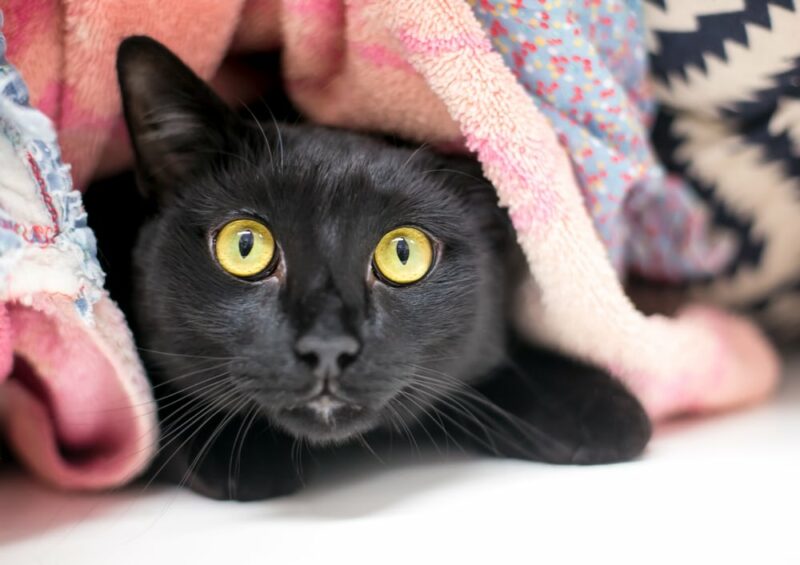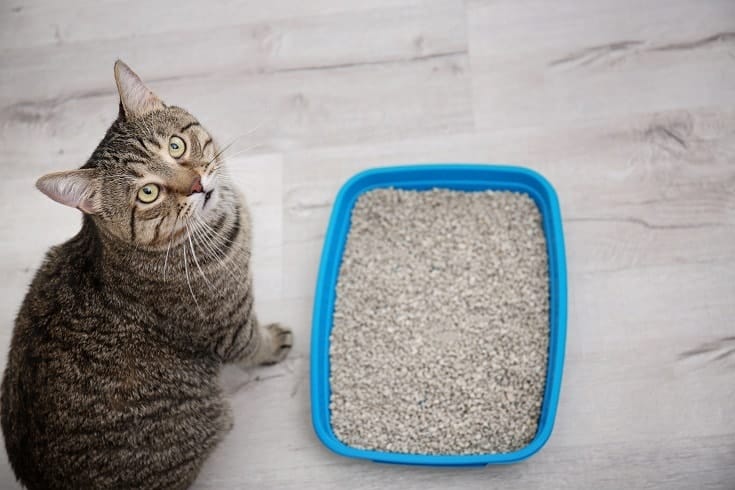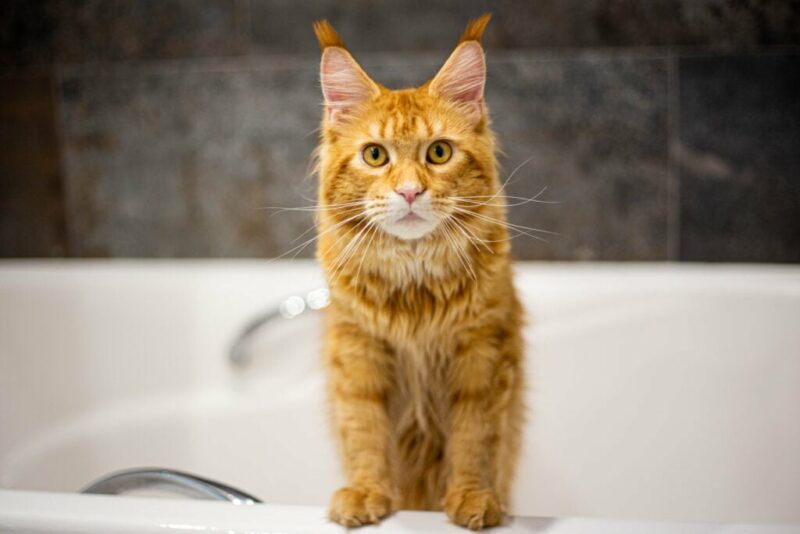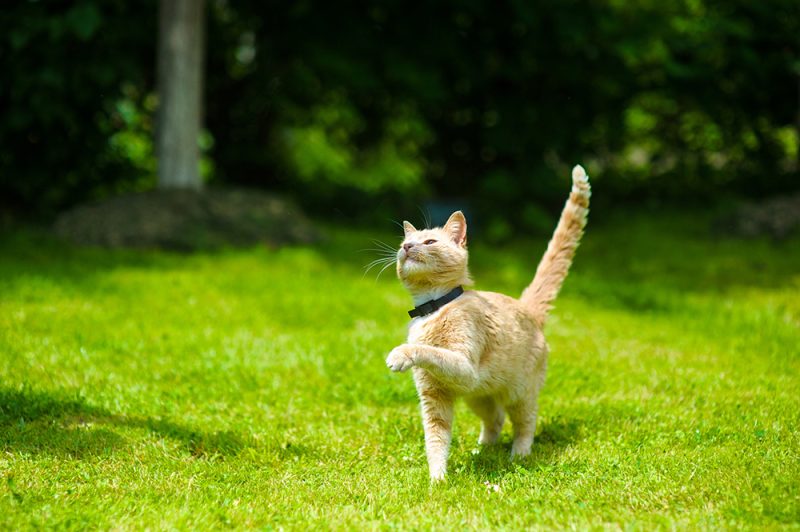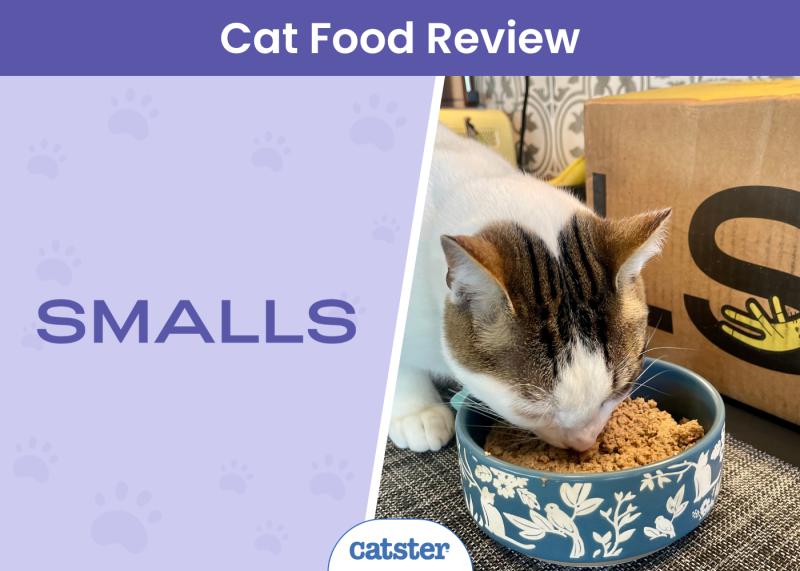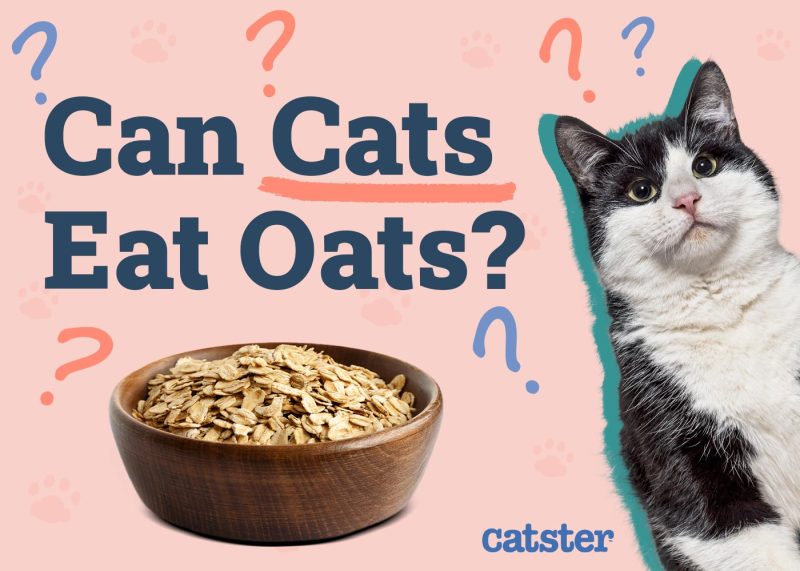Most of us love the look of live houseplants and gorgeous, colorful gardens. However, many of these plants can pose an unexpected threat if we also own curious pets.
Plenty of houseplants are toxic to cats, including some types of Jasmine. True Jasmine covers a wide variety of plants. Some are toxic to cats, and some aren’t, so it’s vital to know the difference before including one in your décor or garden.

Types of Jasmine
Numerous plants are often referred to as Jasmine. According to the USDA Natural Resources Conservation Service, true Jasmine has 12 separate species in the Jasminum genus.
A variety of other plants may be called “Jasmine” as a common name or a misnomer. This includes Star Jasmine and Carolina Jessamine.
Many types of Jasmine are popular for ornamental use. But if you want to include these in your home or garden, discerning whether they’re toxic to cats is a bit more challenging. The toxicity of Jasmine depends on whether the plant is true Jasmine or belongs to the genus of Jasmine plants.
According to the ASPCA, true Jasmine isn’t toxic to cats. In fact, its poison control website lists the various species in the Jasminum genus, and they’re all considered non-toxic to pets. Star Jasmine, a spring-blooming ornamental native to China that resembles Jasmine, is also non-toxic to pets.
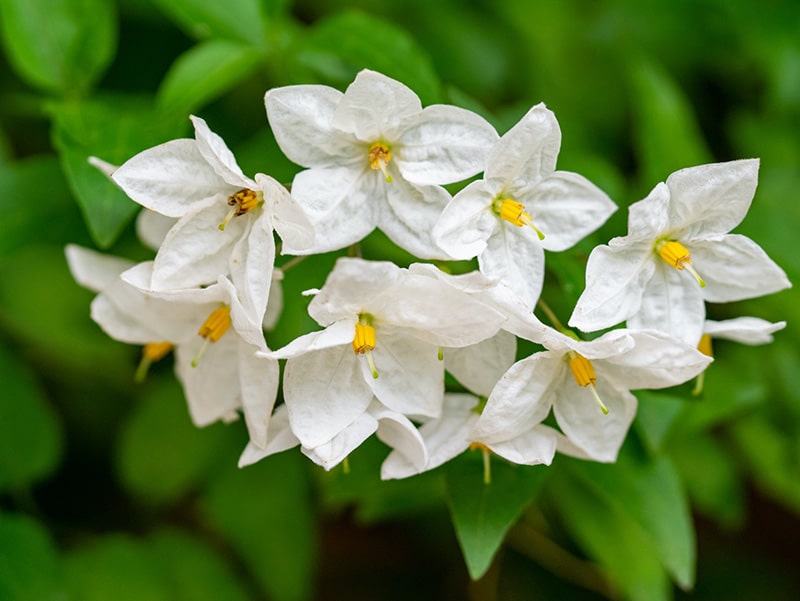
Jessamine Toxicity
Carolina Jessamine, known as “false Jasmine,” is a native US plant often referred to as Jasmine, though it’s not in the same genus. All parts of the Jessamine plant contain hazardous neurotoxins like alkaloids, gelsemine, and sempervirens.
If a cat consumes Jessamine flowers, stems, leaves, or roots, it can lead to symptoms like paralysis, decreased respiratory rate, weakness, hypothermia, difficulty swallowing, vision problems, seizures, or death.
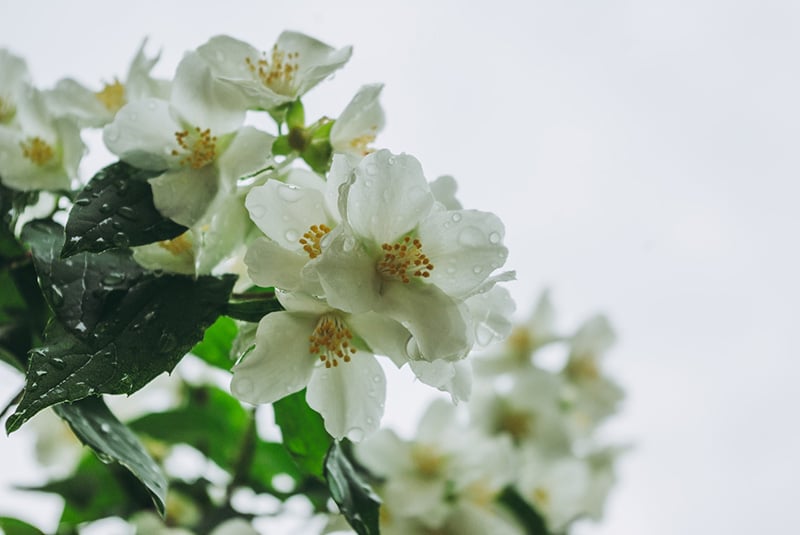
Other Plants Commonly Called Jasmine
Besides Jessamine, Jasmine may be used to refer to:
- Brazilian Jasmine is an ornamental grown indoors and outdoors. This plant isn’t toxic to cats, but it can cause digestive upset if consumed in large quantities.
- Chilean Jasmine is an ornamental plant in temperate regions. This plant is non-toxic to cats but may cause digestive upset if ingested in large quantities.
- Madagascar Jasmine is a house and garden plant with pure white flowers. This plant is non-toxic to cats and other pets.
- Night-Flowering Jasmine is an outdoor garden plant not to be confused with Night-Blooming Jessamine. This plant is non-toxic to cats and other pets.
- Cape Jasmine is a garden plant in subtropical and tropical areas. The fruits are often used as yellow dye for food and clothing. This plant is toxic to cats, because it contains hasgeniposides and gardenosides that lead to severe digestive upset.
- Red Jasmine is a garden tree or plant that’s toxic to cats. It contains poisonous alkaloids that lead to diarrhea, vomiting, and excessive salivation.
- Night-Blooming Jessamine is a subtropical ornamental plant with strongly scented flowers. All parts of the plants, including the berries and flowers, are toxic to both humans and other mammals like cats. Affected animals suffer from severe diarrhea, vomiting, weakness, lethargy, and confusion.
- Crape Jasmine is a houseplant with attractive foliage and flowers. This plant is toxic to cats because of its indole alkaloids that lead to heart damage, paralysis, and delirium.
If you’re concerned about your pet’s well-being, we recommend consulting a veterinarian.
If you need to speak with a vet but can't get to one, head over to PangoVet. It's an online service where you can talk to a vet online and get the advice you need for your pet — all at an affordable price!


Conclusion
True Jasmine is safe and non-toxic for cats and other pets, but the confusion comes in the wide variety of plants that are mistakenly categorized as Jasmine. It’s important to be mindful of the plants you cultivate in your home or garden where your pets can access them. If you suspect your cat ingested a toxic plant, Jasmine or otherwise, call your veterinarian as soon as possible.
Featured Image Credit: Alexas_Fotos, Pixabay
